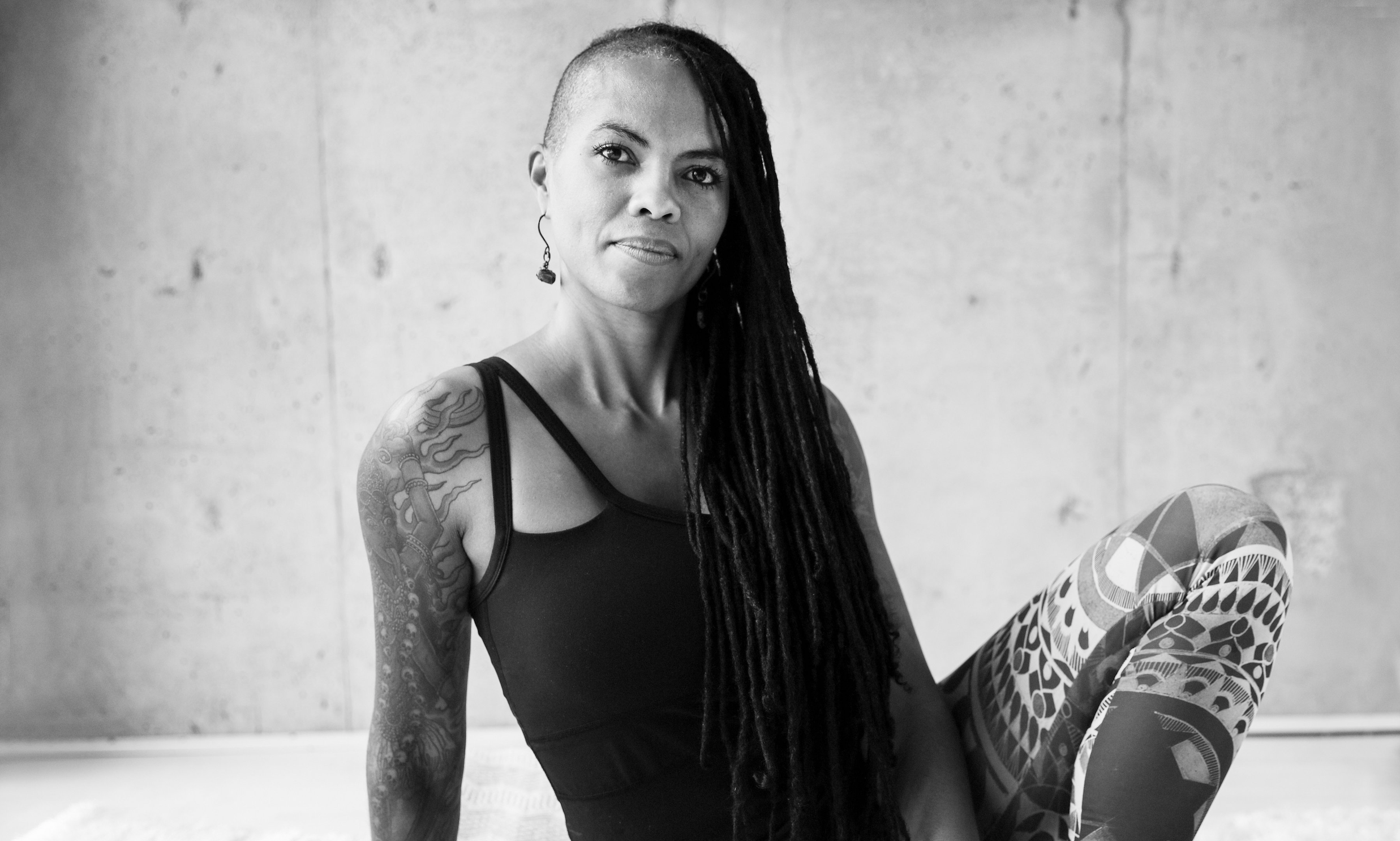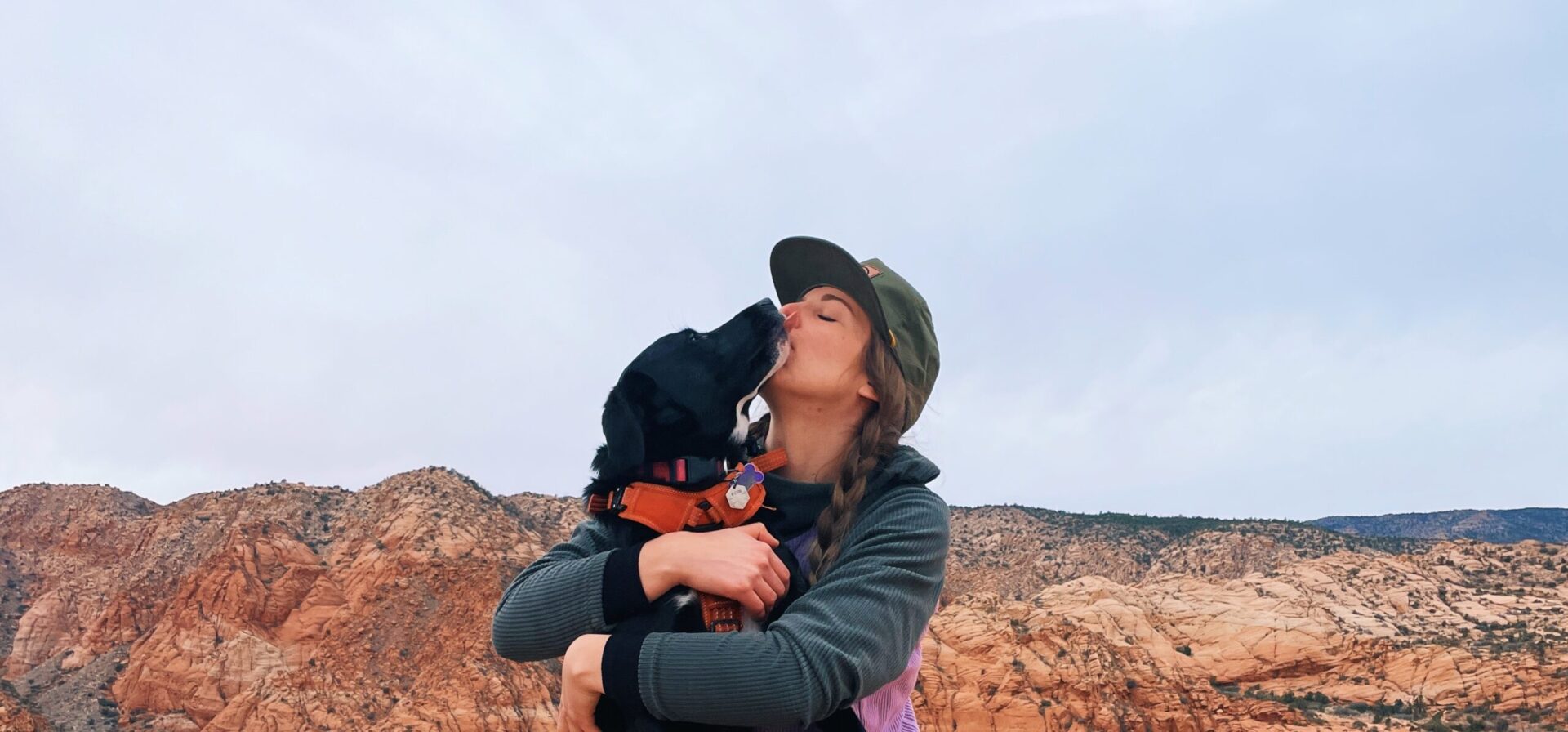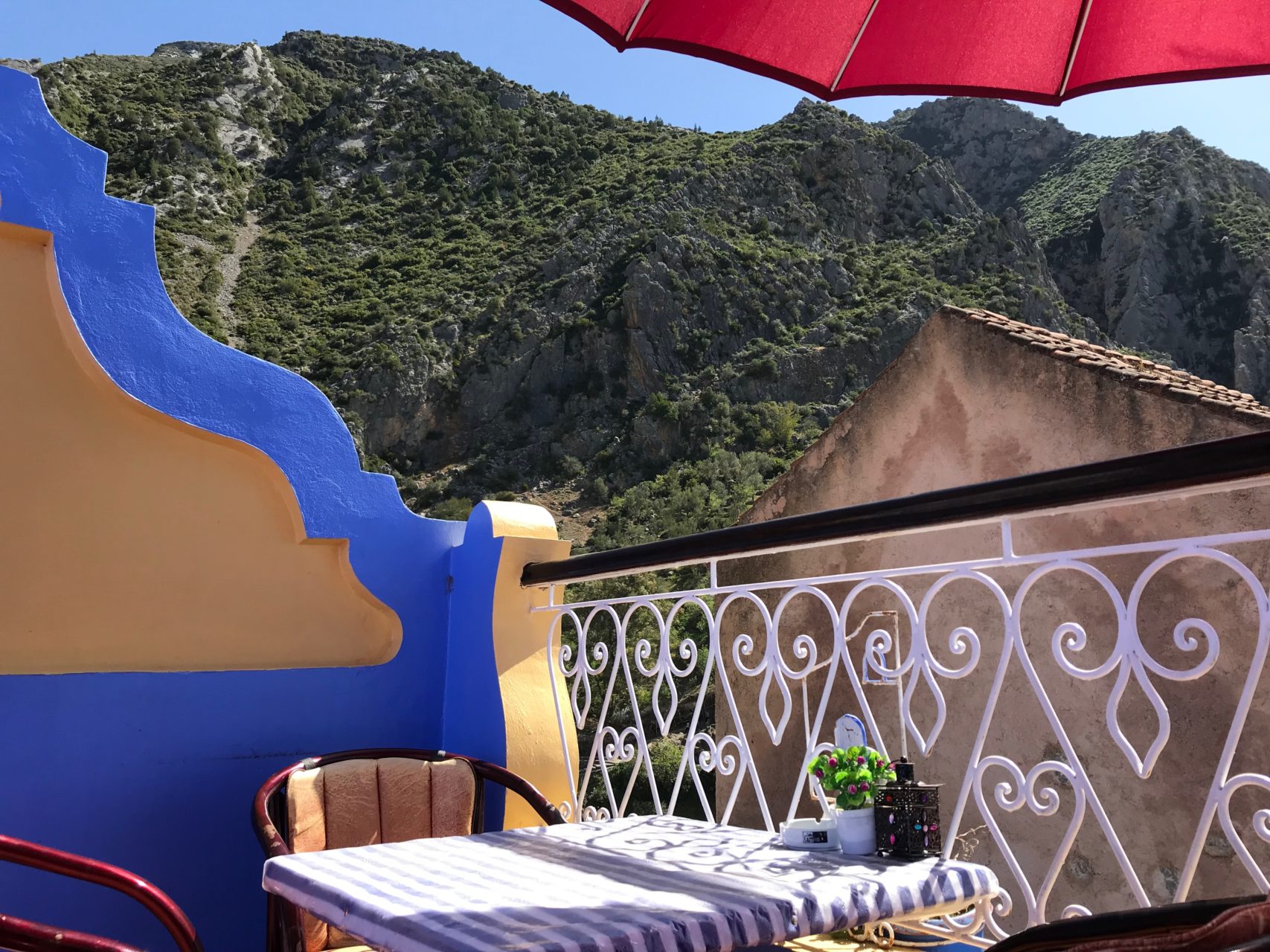Q+A with Ali Duncan of Urban Sanctuary : Resilience in the Wake of America’s Violence
Ali Duncan, intuitive healer and founder of Denver yoga studio Urban Sanctuary, believes action is what the nation needs. As a former police officer turned yogi, she knows firsthand the power of resiliency and its ability to manage trauma.
In light of the senseless acts of violence in Atlanta and Boulder last month, Duncan has pulled together resources to offer her community-centered space for people of all backgrounds to come together and heal.
“Quite often the response to these types of occurrences has been sending thoughts and prayers to the families. As we can see, this is not stopping these attacks,” Duncan says. “Action is what needs to happen to give those affected a safe space to decompress. When space is offered for those who need to plug in, they are given the opportunity to let go of stress, worry, anger, hate, fear and they can heal.”
Duncan says when trauma goes unprocessed, emotions can be blown onto others and transpire into acts of violence, snapping at loved ones or self-harm. For the cycle to stop, we must go beyond saying “we are sad” or “we are disgusted,” and instead commit to healing.
“Trauma retains power over us if we allow it to,” she explains. “It can affect the mind and the body, making it difficult to move on. I encourage everyone to find some support to move through their trauma so it will not be blown into others. Whatever traumatic event happened to us is not our responsibility, but our healing from it is.”
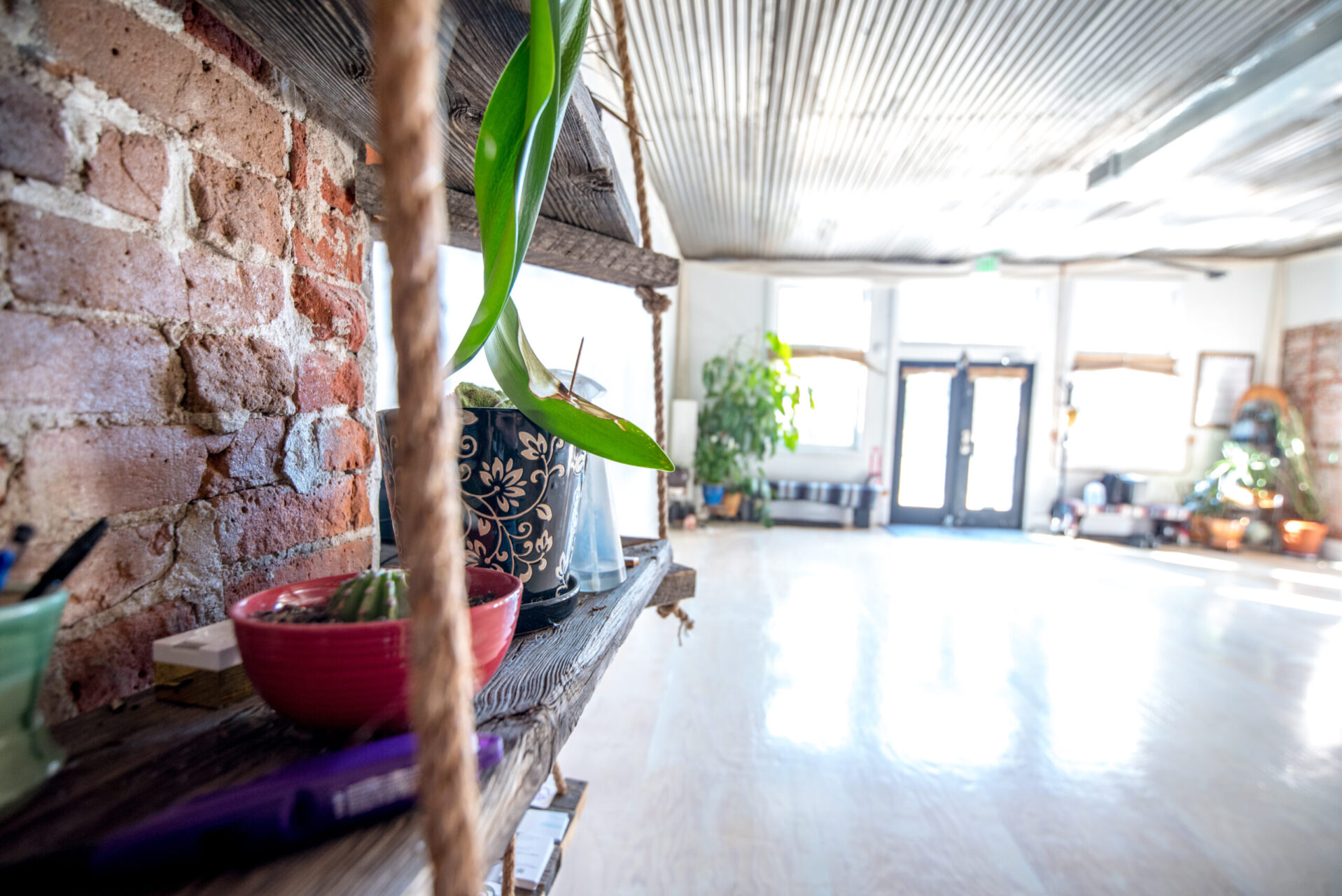
Photo courtesy of Urban Sanctuary
As an intuitive healer and yoga studio owner, what does resiliency mean to you?
Resiliency shows up in many forms and looks different for everyone. Some people think that getting through a hard situation is resilience. I see resilience as not only getting through a challenging situation, but also taking that opportunity to heal and evolve. When we don’t take those opportunities that present themselves to evolve and instead, stay the same or devolve, this is not resilience.
Being a healer and life coach, I have seen different levels of resilience. I have seen individuals fold and give up because they were rejected in some area of their life and I have seen others take that rejection, trust themselves and their abilities and align with something more expansive than what they were currently in.
As a yoga teacher and studio owner, I see resilience come out on my students’ mats. If a pose is not accessible to them, how do they respond? Do they keep trying while being kind to themselves? Do they give up with frustration? Or do they walk out of class giving up altogether? In both areas, I have found those who have had significant challenges in their lives and still hold a positive outlook to be the most resilient.
A great example of resilience is that of the black and brown community. Over 400 years of persecution, being held down and held back, and yet, we as a culture keep leading the way in fashion, creative endeavors, dance and art, while still working through generational trauma, discrimination, racism and violence. Resilience is built into the body so the next generation can adapt and thrive, but this can only happen when evolution happens through resilience.
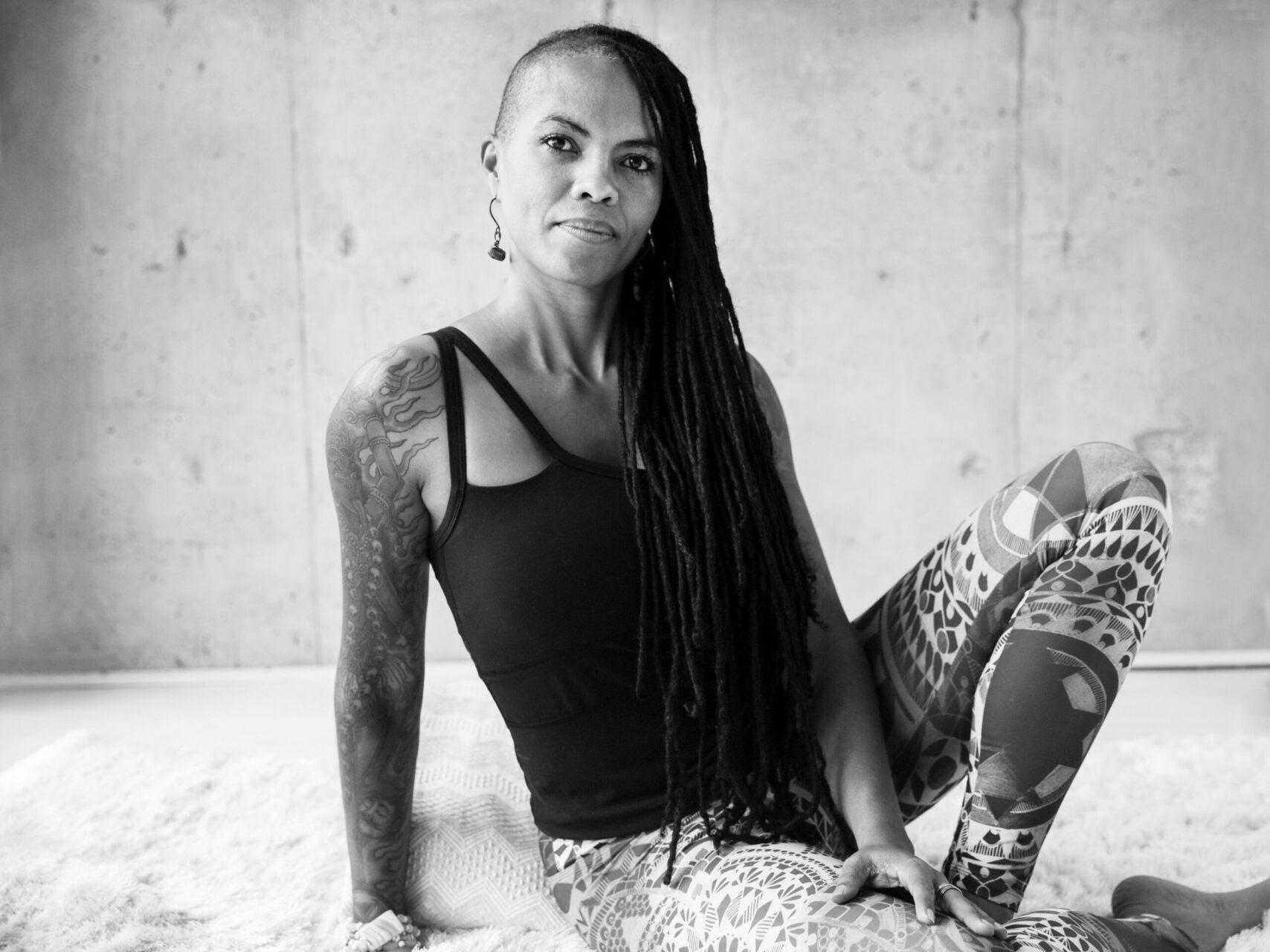
Photo by Sarah Sway
How has your experience dealing with trauma shaped your view on resiliency?
Trauma is what we make it, and it can stay with us for as long as we invite it to. The body may register a loud noise close to an ear as traumatic the same way as a physical attack. Growing up I was abused, discriminated against and struggled to find my way. Instead of folding and giving up, I chose to pursue a different experience for myself. I got into martial arts to protect myself, build myself and use my experience as motivation to become the first black female police officer in Fort Collins and I helped others step into their power. This was me being resilient and using my traumatic experience to not only heal but evolve. I had a choice on what to do with my experience and in choosing what I did I also healed the trauma. When dealing with my own trauma and helping others metabolize theirs, what is on the other side is a gift that is ours if we choose to work through it.
How can mindfulness help yogis better understand the current events and other related traumas?
The practice of yoga is all off the mat so being mindful of what we say we are practicing is the first step. If we are only mindful of our breath and our body, then we are only practicing eastern calisthenics and not yoga. Mindfulness starts with why one chooses to practice yoga and then expanding from there. This alone can keep people stuck in what is only happening in their immediate world. Realizing awareness and mindfulness, on the other hand, is something broader that will allow a person who identifies as a yogi to see what is happening and not look the other way or dismiss something that is not affecting them. Mindfulness is understanding what yoga is all about. Yoga is unity and oneness so if one is mindful of this truth about yoga then they will be aware of the sufferings of others and take steps to support equality for all humans.
Boasting a blend of wool and tencel shearling lining, this durable shoe will comfort you from the [...]
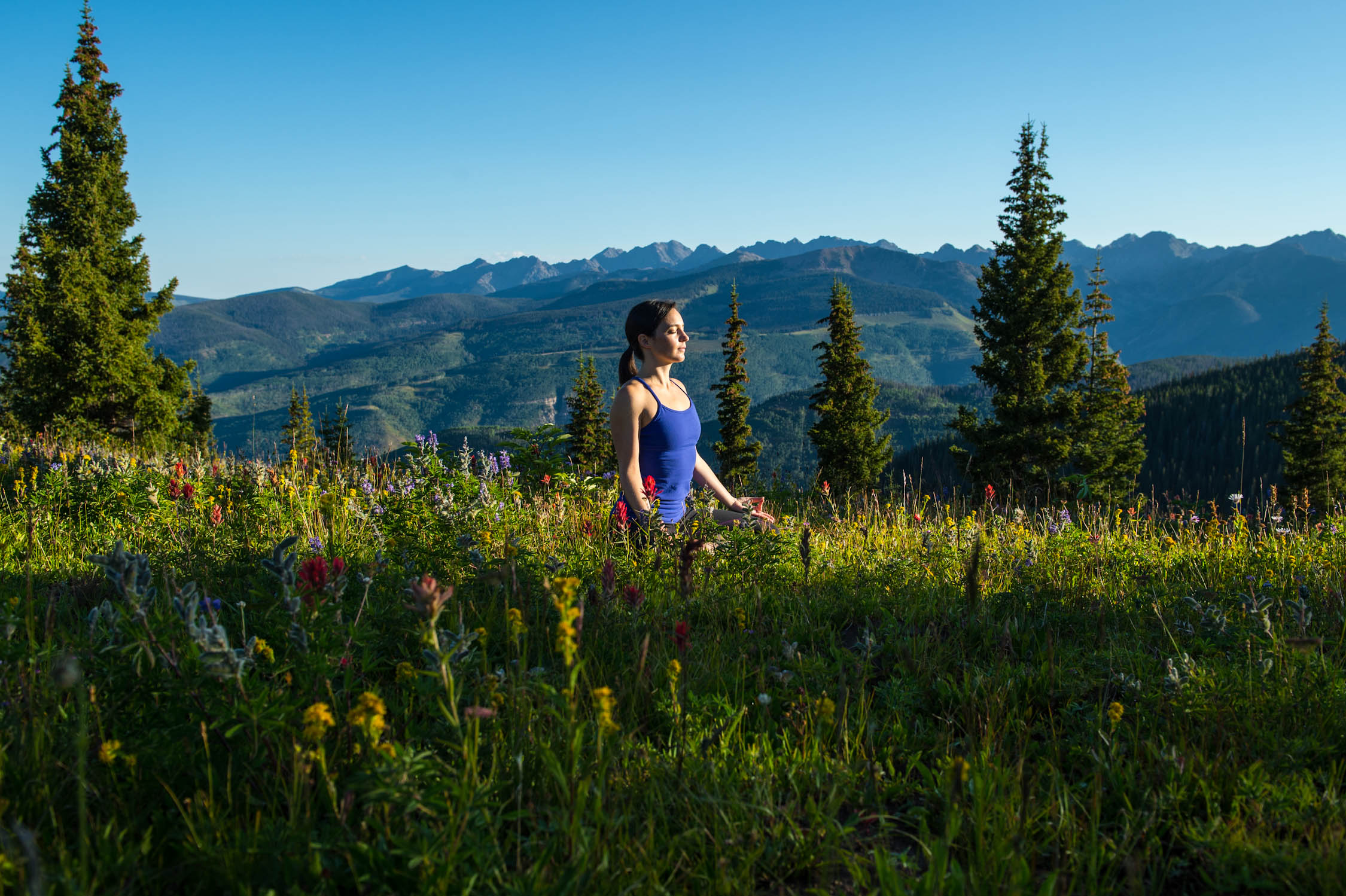
Subscribe to Our Tribe
Stay up to date with Y+L News, Events and special announcements.





